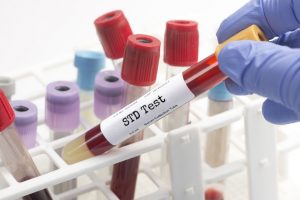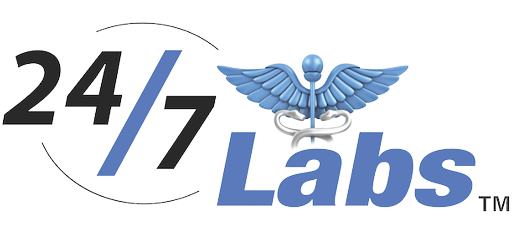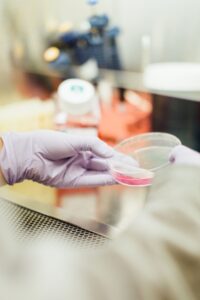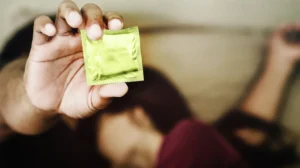
Can STDs be treated here’s what you should know
You never hope to contract an STD, but if you are sexually active, STDs pose a real risk. According to the Centers for Disease Control and Prevention, more than 19 million men and women in the United States contract some kind of sexually transmitted disease each year!
STDs cause uncomfortable and dangerous symptoms, but the good news is that most STDs caused by bacteria and can be treated or even cured with antibiotics. Even if an STD is caused by a virus, it can still be controlled with proper medical attention.
Whether you have syphilis, chlamydia, or any STD in between, here’s what you should know about treating your STD.
Bacterial STDs Can Be Treated with Antibiotics
STDs caused by bacteria can be targeted with antibiotics:
- Chlamydia
- Gonorrhea
- Trichomoniasis
- Syphilis
- Crabs (pubic lice)
Antibiotics work by attacking the bacteria and eradicating your disease. The best results occur when treatment occurs quickly. Some STDs like syphilis become very dangerous in later stages and cause irreversible damage to the body’s organs.
As soon as you begin to experience standard STD symptoms like genital itching, painful urination, sores, and abnormal discharge, it is essential that you take an STD test and use your results to seek proper medical attention.
Viral STDs Can Be Controlled, Not Cured
Not all STDs are caused by bacteria. The following STDs can be controlled with medication, but never fully cured:
- Herpes
- Hepatitis B and C
Since an antibiotic will not work to treat these STDs, only a doctor can help you manage your condition and ensure that your overall health is not put at risk.


